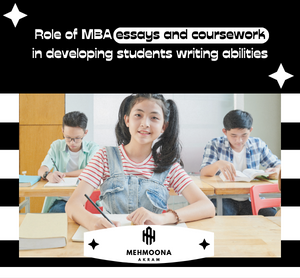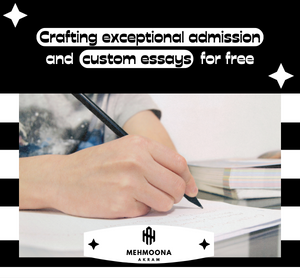
The British novelist James Hilton gave the character of “Mr. Chips” to his novella “Goodbye, Mr. Chips,” which was first published in 1934. Mr. Chips is a work of fiction. The novella was eventually turned into numerous films, all of which were commercially successful; however, the versions starring Robert Donat and Peter O’Toole in 1939 and 1969, respectively, are considered to be the best. At the fictitious Brookfield School in England, Mr. Chipping, more fondly known as “Mr. Chips,” is one of the most well-liked and respected teachers.
In a nutshell:
The life of Mr. Chipping, a devoted and good-natured educator who spends the majority of his career at Brookfield School, serves as the central focus of the narrative that is titled Mr. Chips. The story is told in the form of a sequence of reminiscences by Mr. Chips, who is reflecting on his successful and lengthy career as an educator. It begins in the late 19th century with him arriving at the school for the first time as a young and inexperienced instructor and continues to follow him through the decades.
At first, Mr. Chips has difficulty connecting with his students, who frequently tease him due to the fact that he is so formal and rigorous in his teaching style. However, his sincere concern for his pupils’ wellbeing and his ability to evolve with the times have won him the affection of multiple generations of students. Over the course of his teaching career at Brookfield, Mr. Chips earns a reputation for his humorous classroom tales and his unwavering commitment to the success of his pupils as a result of this commitment.
In addition, the novella delves into Mr. Chips’ private life, including his brief marriage to Katherine Bridges, a vibrant lady who encourages him to break out of his reserved shell and adopt a more relaxed and compassionate method of instructing his students. Katherine’s untimely death during childbirth leaves Mr. Chips inconsolable and hesitant to allow himself to form emotional bonds in the future. He is left bereft by the loss of his wife.
Mr. Chips is confronted with the difficulties of teaching amid a period of immense unpredictability and upheaval as the First World War draws closer. The events that took place during the war and after it have had a significant impact on his personality and worldview. Even after he has left the teaching profession, his influence can be seen in the lives of pupils across many decades.
Evaluation of the Critical:
The novella “Goodbye, Mr. Chips” is a touching and poignant piece that honours the important role that instructors play in moulding the lives of their pupils. It investigates topics like as commitment, resiliency, adaptation, and the persistent influence that education has to change people’s lives. The following are some significant takeaways from the novella:
Character Development: The novella does an excellent job of developing characters, especially Mr. Chips, who goes through a significant change throughout the story. He goes from being a guarded and rigid instructor to becoming a figure who is warm, caring, and understanding, and he has a profound connection with his students. His path exemplifies the concept that even people who don’t appear to be particularly extraordinary can have a significant influence on the lives of others.
Nostalgia and Tradition: The film “Goodbye, Mr. Chips” elicits a powerful sensation of nostalgia for a bygone period, and it highlights the significance of tradition and the preservation of ideals in a world that is always evolving. This concept strikes a chord with readers who recognise the need of honouring the traditions of the past while still looking to the future.
Loss and Resilience: The personal tragedies that befell Mr. Chips, most notably the passing of his wife Katherine, bring to light the overarching theme of loss and resilience. It is both motivational and sympathetic that he is able to keep going and keep teaching despite the personal disasters he has experienced.
The Novella Beautifully Portrays the Teacher-Student Relationship The novella does an excellent job of depicting the teacher-student relationship and highlighting the ways in which teachers may make a long-lasting impression on the lives of their pupils. The real concern that Mr. Chips has for his students and his ability to form an emotional connection with them are two examples that highlight the significant impact that instructors may have.
Historical context: the novel is set against the backdrop of World War I, which lends complexity to the narrative by allowing it to investigate the impact of a significant historical event on the lives of the protagonists as well as the atmosphere at their school. It also represents the shifts that were occurring in society at the time.
Even while “Goodbye, Mr. Chips” is lauded for its moving representation of the teaching profession and its evergreen themes, there are many who believe that it can be unduly sentimental and nostalgic, possibly glossing over the difficulties and complexities of education. This is despite the fact that the film has been praised for these qualities. Nevertheless, its continued popularity is evidence that it has the potential to resonate with readers and watchers, leaving them with a sense of warmth and respect for the instructors who have made a difference in their lives.



